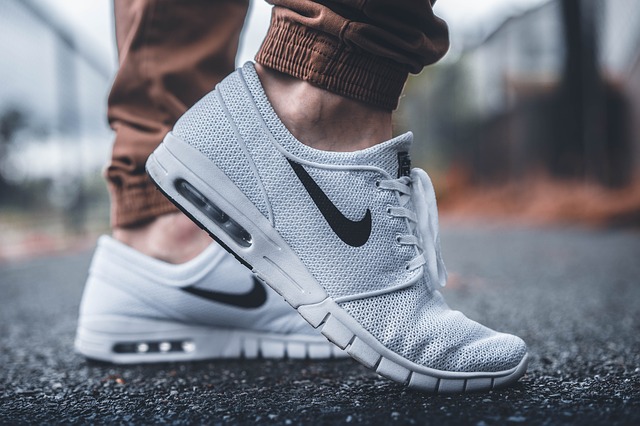Big Basket Story of success
This image is credited by Bigbasket.com
Big Basket was founded in September 2011 by five individuals. The team of 5 was not
new to the business, as each had ample experience in managing both online and
offline retail. In 1999, they had launched fabmart.com, India’s first
e-commerce website. Its primary areas of business include music, books, toys, and
jewelry. However, the company failed due to inadequate market penetration in
India in the early 2000s. In 2003 the team rebranded Fabmart into Fabmall, an offline
grocery supermarket. But, it was finally acquired and integrated into Aditya
Birla Group’s More brand in 2007.
At its starting point Big
Basket face lot of trouble because of the new segment which is totally depend
over the net, but because of the net it is almost impossible to make footing at
that period of time. Government is yet to take action to increase net coverage
in the country.
 According
to analyst, the threat to e-trailers like Big Basket was mostly from hybrid
retailers like the Future Group, which provided groceries both directly, as a
door-to-door service (Big Bazaar Direct), and through a brick and mortar format
( Big Bazaar, the largest brick and mortar modern retailers in India). Tesco, a successful retailer in the United Kingdom also operated both online and
offline retail formats.
According
to analyst, the threat to e-trailers like Big Basket was mostly from hybrid
retailers like the Future Group, which provided groceries both directly, as a
door-to-door service (Big Bazaar Direct), and through a brick and mortar format
( Big Bazaar, the largest brick and mortar modern retailers in India). Tesco, a successful retailer in the United Kingdom also operated both online and
offline retail formats.
The biggest challenge in the
online grocery retail space was the complex nature of the supply chain. Complexity
arose from the following sources:
- Margins were low and products had to be delivered the very same day, as customer did not like to wait for two to three days for delivery of groceries, hence deliveries had to be either made on the same day or the next day.
- A huge variety of products had to be stocked, and that too mostly the perishable products which required a good way of handling, hence large warehouses were to be made available and hence cost was incurred so that we do not miss out on the quality of groceries.
- The individual city-based model has to be followed and last-mile delivery had to be
planned, which made logistics very difficult. Thus, the entire supply chain
becomes complex in nature.
BB
believed in a flexible supply chain. Thus, it first started with a just-in-time
philosophy in a particular city. This implied that after getting the order from
customers, “pickers” picked the order from organized brick and mortar and then
delivered them to the customers.
BB
focus on below-the-line(BTL) activities in malls and apartments, it partnered
with local media, such as radio, print media. Nevertheless, it was
word-of-mouth by the customer that helped BB most in gaining customers.
To
provide the best quality products at the most competitive prices. The farm-to-house model, where fruit and vegetables were sourced directly from
farmers. BB also provides timely discounts and coupons. Also, for big order, the shipping charges were not levied and on weekend charges were less as
compared to that of weekdays.
Big Basket
started really well in the market as the team had prior knowledge and
experience in the vending field and hence their journey went really smoothly
with of course a little bit of hindrance in the form of warehouse requirement
and the other competing brands but Big Basket really has it strong in their
hands as they have the virtual advantage added to their uniqueness of groceries
section with prior experience. The figures suggest that Big basket would surely
go well even in the future as customers nowadays are of the perfect type for them
to focus upon and also their pricing structure has a variety.




Comments
Post a Comment